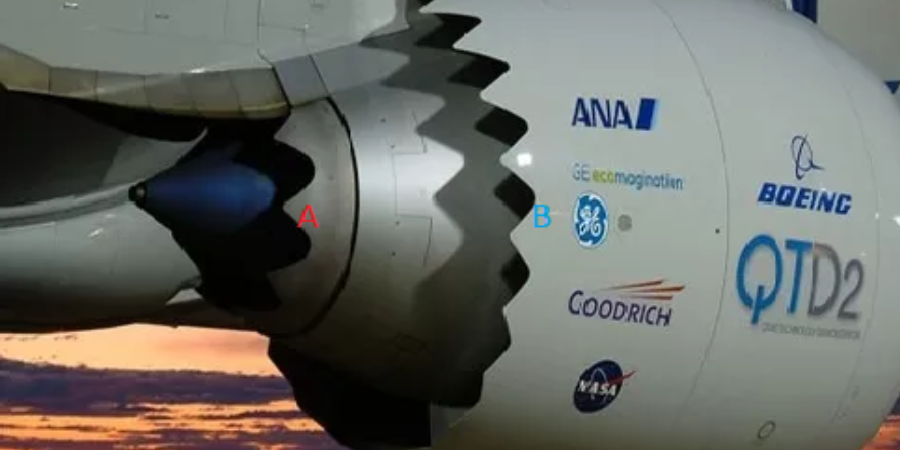[sc name=”aerospacepopup”]
Source: Texas A&M Today
Researchers at a Texas university recently announced a discovery involving the increased capability of high-temperature shape memory alloys (HTSMAs) that will improve fuel efficiency in jet engines and reduce airplane noise, as well as applications in several other industries.

The team of researchers, led by Dr. Ibrahim Karaman, Chevron Professor I and head of Texas A&M University’s Department of Materials Science and Engineering, and including Demircan Canadinc, William Trehern, and Ji Ma of Texas A&M, and Fanping Sun and Zaffir Chaudhry, Technical Fellow of the United Technologies Research Center (UTRC), published their work in Scripta Materialia.
The accomplishment is critical because until now the use of HTSMAs has been limited to temperatures up to but not exceeding 400°C (752°F), but changing the elements that make up the HTSMAs allow for higher temperatures and therefore wider application.
“Karaman and his colleagues decided to try increasing the operating temperatures of HTSMAs by applying principles from another new class of materials, high-entropy alloys, which are composed of four or more elements mixed together in roughly equal amounts,” explained Texas A&M Today. “The team created materials composed of four or more elements known to form shape-memory alloys (nickel, titanium, hafnium, zirconium, and palladium), but purposefully omitted gold or platinum.”







